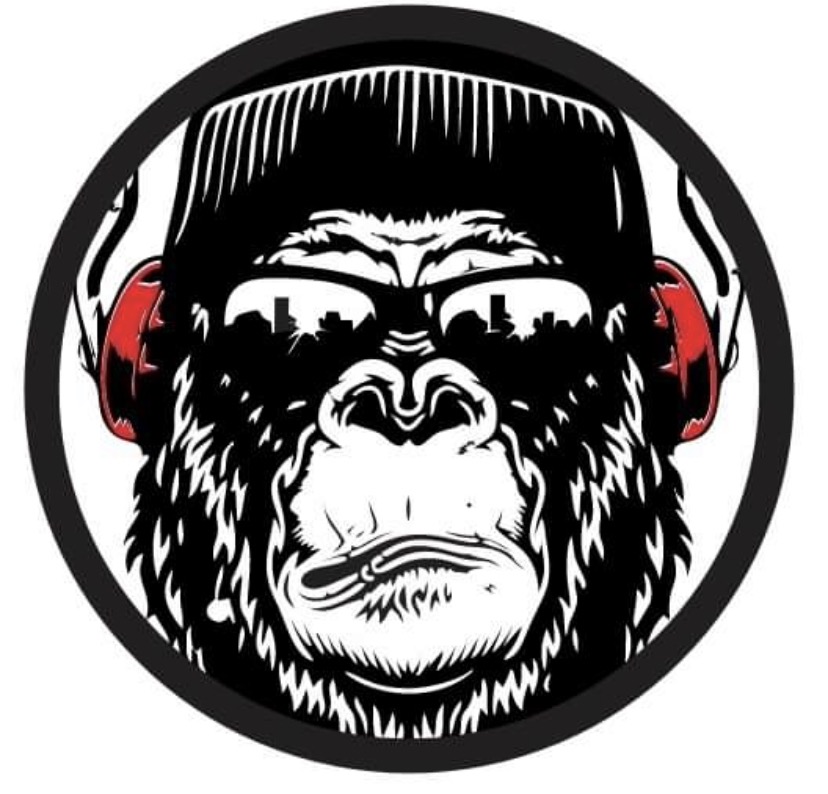Bukowski
- J Sharp

- Feb 1
- 4 min read

by Sal Moriarty
Note: I am writing the biographical information from memory, so it is less about detail than appreciation for work that speaks to me and might speak to a few of you.
Charles Bukowski is not for everyone. A lot of his writing deals with the seamier side of existence. That was space he occupied much of his life. He was a drinker, foul mouthed, sometimes a braggart, confrontational (often tongue-in-cheek), and a womanizer. He was also tender, a loyal friend, insightful, dedicated to his art. He was a singular writer, in my estimation.
Henry Charles Bukowski (his friends called him Hank) was born August 16, 1920, in the Weimar Republic (Germany, from the end of World War I until the ascension of the Nazis in 1933). He was the child of an American soldier and a German seamstress. Bukowski's family moved to Los Angeles in 1930.
As a youngster he suffered from acne conglobata and the brutality of a psychotic father. The acne scarred his face for the rest of his days. The violence at the hands of his father scarred him as well, and had a significant influence on his view of the world, which in turn, informed his art. Bukowski and R. Crumb are similar in this respect.
As a young man, he roamed America for a time, living day to day on whatever he could earn. He was always banging away on a typewriter, writing short stories, sending them to the many magazines that existed at the time. Most were rejected, but he carried on.
He famously worked a dozen years for the post office in Los Angeles. Hardship and tragedy seemed to follow him, but in time he experienced some minor writing success.
Eventually, the publisher of Black Sparrow Press approached Bukowski and asked how much he would need to make monthly to quit the post office and focus on writing. Buk added up the cost of rent, groceries, utilities, cigarettes and booze. About two hundred bucks. The publisher offered him a lifetime contract and Bukowski quit his job.
At the time he was writing short stories and poetry exclusively. The publisher told him he might want to think about writing novels, which could expand his audience and, perhaps, lead to more income. About two weeks later, Bukowski delivered a novel called “Post Office”.
The publisher asked how he had written a novel in only two weeks. “Fear,” Bukowski answered.
I could go on with biographical tidbits, but you can find that anywhere. For those so interested, there exists a great documentary called “Charles Bukowski: Born Into This”.
Instead, a few quotes from some of his work and interviews:
“My father was a great literary teacher. He taught me the meaning of pain. Pain without reason.”
“Born into this, into hospitals that are so expensive, it's cheaper to die, into lawyers who charge so much it's cheaper to plead guilty, into a country where the jails are full and the madhouses closed, into a place where the masses elevate fools into rich heroes...”
“I went into the bathroom, and threw some water on my face, combed my hair. If I could only comb that face, I thought, but I can't.”
“Drinking is another way of thinking, another way of living. It gives you two lives instead of one.”
“Goodness can be found sometimes in the middle of hell.”
“It's not the large things that send a man to the madhouse...it's the continuing series of small tragedies...light switch broken, mattress like a porcupine, $105 for a tune-up, carburetor and fuel pump at Sears Roebuck, and the phone bill's up...and the light has burned out – the hall light, the back light, the front light, the inner light...with each broken shoelace, out of one hundred broken shoelaces, one man, one woman, one thing enters a madhouse.”
“There's a bluebird in my heart that wants to get out, but I'm too clever, I only let him out at night when everybody's asleep. I say, I know that you're there so don't be sad. Then I put him back, but he's singing a little in there, I haven't quite let him die, and we sleep together like that with our secret pact.”
“And their hatred will be perfect. Like a shining diamond. Like a knife. Like a mountain. Like a tiger. Like hemlock. Their finest art.”
“I guess the only time people think of injustice is when it happens to them.”
“Each day without solitude weakened me. I took no pride in my solitude; but I was dependent on it. The darkness of the room was like sunlight to me.”
“I'm not dead yet, just in a state of rapid decay, who isn't?
“Some people never go crazy. What truly horrible lives they must lead.”
“If you're losing your soul and you know it, then you've still got a soul left to lose.”
“There is a loneliness in this world so great that you can see it in the slow movement of the hands of a clock.”
“When you drank the world was still out there, but for the moment it didn't have you by the throat.”
“I loved you like a man loves a woman he never touches, only writes to, keeps little photographs of.”
Closing note: if you fear words and ideas, don't go near this guy.




.jpg)





.png)



